#BYD
TikTok Could Sway Young People Toward Chinese EV Brands
While American politicians love to harp about TikTok’s Chinese owners and the national security issues that could bring, it may also be true that they worry that the platform is influencing an entire generation with quick hits of liberal political thought and economic theory. A recent survey from AlixPartners found that young TikTok users are increasingly seeing EVs on the app, with more than half of them saying they were aware of Chinese brands like Lynk&Co and BYD.
Mexico Won't Offer EV Incentives to Chinese Automakers
Chinese automakers are expanding into Mexico, with companies like BYD opening dealerships across the country. Even so, the Mexican government isn’t rolling out the red carpet due to pressure from the United States. Automotive News reported that the country would not offer tax incentives or land discounts to Chinese automakers. It noted that the U.S. government believes that they should not be able to enter North America without paying tariffs.
China is Unhappy with the Inflation Reduction Act and Has Complained to the WTO
Among many other things, the Inflation Reduction Act changed the way EV tax credits work in the United States. With an eye on reducing America’s dependence on Chinese batteries and materials, the Act incentivizes automakers to source materials from free-trade-compliant countries and build EVs in North America. Now, China is expressing its unhappiness with the legislation by raising a dispute with the World Trade Organization.
China’s BYD Says Prospective Mexican Plant Won’t Export to U.S.
Chinese automaker BYD has been seeking to build an automotive plant in Mexico, with the company’s regional chief executive confirming the plan on Wednesday. CEO Stella Li has stated that BYD has yet to decide upon a final location. But that plan is for the site to boast a production capacity of 150,000 vehicles annually, with none being slated for export to the United States.
Report: BYD Plotting New EV Factory in Mexico
China’s BYD is reportedly prepared to set up a new production facility in Mexico with the alleged plan to use the locale as an export hub for the United States.
Mexico has long been a convenient venue for automakers vying to sell products within the Western Hemisphere without having to pay the kind of salaries commensurate with higher living standards. American brands love sending jobs to Mexico, as does every other company interested in moving high volume models through North and South America. With BYD having previously voiced its global aspirations, setting up shop in El Águila Real seems like an obvious play.
Tesla Just Had Its Best Year, but Still Got Passed By BYD
Tesla just had its best sales year ever, beating its sales target and delivering more than 484,000 vehicles in the fourth quarter. Despite that success, the company fell behind Chinese automaker BYD for the first time.
BYD to Chinese Auto Industry: "Demolish the Old Legends" in the EV Race
Build Your Dreams, or BYD, is likely one of the largest companies you’ve never heard of. The Chinese giant is one of the world’s busiest EV automakers, with almost 1.9 million units manufactured in 2022. Though enormous, BYD isn’t satisfied with dominating its home market and wants the rest of the Chinese electric auto industry to come with it.
BYD: Autonomous Vehicles Are "Basically Impossible"
BYD, China’s largest electric automaker, isn’t as gung-ho about autonomous vehicles as many other auto industry giants. A company spokesperson recently said that BYD believes self-driving tech that is “fully separated from humans is very, very far away, and basically impossible.”
BYD Pumps Brakes on Entering U.S. Market
BYD is a massive Chinese company operating in multiple industries, including solar panels, industrial equipment, and autos. Rumors of its imminent arrival in North America have swirled in recent months, and the automaker was expected to mount a strong showing at CES in Las Vegas earlier this month, but nothing materialized.
Report: Apple Car Suffers Another Setback
Following several months of news that Apple Inc. was in talks with battery suppliers to set the company up with the necessary hardware and know-how to manufacture electric vehicles, it looks like the iPhone purveyor is back to square one. Reports have emerged claiming the discussions with China’s Contemporary Amperex Technology Co. Limited (CATL) and BYD have stalled.
While the tech giant is said to be keeping a channel open, companies informed Apple over the last two months that they would not be willing to establish teams and U.S. facilities catering exclusively to its needs. While Japan’s Panasonic is still in the mix as a potential partner, it’s looking like the other companies are bowing out. Reasons are said to vary, however, political tensions between the U.S. and China are alleged to be a contributing factor.
Toyota Announces Product Development Deal With China's BYD
On Friday, Toyota Motor Corp. announced it had signed an agreement for the joint development of battery electric vehicles (BEVs) with China’s BYD Company Ltd. Technically, BYD also made an announcement but we’re not scouring their press page on an hourly basis. Toyota gets top billing.
According to the release, the two companies will jointly develop “sedans and low-floor SUVs as well as the onboard batteries for these vehicles and others with the aim to launch them in the Chinese market under the Toyota brand in the first half of the 2020s.”
Having previously announced it was teaming up with Contemporary Amerex Technology (CATL) and Panasonic to supply and develop batteries, Toyota is trying to expand rapidly into electric development — after showing limited interest for years. We’ve no clue how these partnerships will influence the brand’s physical products outside of Asia but, at the very least, it should have fewer battery supply issues than some of the competition moving forward.
China's 2017 BYD E6 Granted CARB Certification, But Retail Sales Still a Question Mark
For those of you not glued to the latest in Chinese electric car news, the BYD (Build Your Dreams) E6 was the best-selling electric vehicle in the world’s most populous country last year. Forget about Nissan or Tesla — BYD is the real electric stud overseas.
The E6 is a conventional-looking four-door crossover (or tall hatch, if you prefer) offered in a number of markets, including the United States. However, here the E6 is marketed as an “electric taxi” and offered only to fleet buyers. A handful have arrived already, but the Berkshire Hathaway-backed automaker has larger plans for the U.S.
(Not) Coming To America: China's Best-selling Automaker Fingers Trump for Decision to Avoid U.S.
SAIC Motor, China’s largest state-owned automotive manufacturer, is canceling its plans to export vehicles into North America. Likely fearful of the current administration’s trade proposals, SAIC is blaming President Donald Trump for its hesitation to enter the Western market.
Of course, the Chinese automaker isn’t ruling anything out entirely. Michael Yang, the executive director of SAIC’s international division, explained at the Shanghai motor show that the company might resume its plans for U.S. expansion once trade tensions ease between the two countries. As the Trump administration hasn’t exactly celebrated the idea of imported goods and foreign manufacturing, it could be a long wait. In the meantime, SAIC Motor will be focusing its efforts on the European market.
The Truth About China's Electric Vehicle Market
The recent Guangzhou Auto Show in China was a reflection of everything stereotypical about the Chinese car market: Chinese OEM clones of European vehicles, North American and European legacy platforms resurrected into new China-only models, wacky supercars from unknown Chinese OEMs, stretched European executive sedans, and weird electric vehicles.
The only major North American press headline from the show was bold: “ Five New Electric Cars from China, World’s Largest EV Market.” I never saw China as a leader in electric vehicles. However, green car publications like CleanTechnica have stated China is the world’s largest EV market for almost two years now.
What’s the real story behind China’s EV market? There’s both truth and lies in these headlines.
Samsung Buys Stake in Chinese Automaker After Being Turned Down as a Supplier
As the saying goes, if you can’t sign a supply agreement with ’em, buy a part of ’em.
That’s clearly not a saying, but that’s what Samsung Electronics Company just did with Chinese electric automaker BYD, handing over $440 million deal for a 1.9 percent stake in the company. According to Bloomberg, a Samsung subsidiary was turned down by China as an approved supplier of batteries to the automaker, so the electronics giant tried another door.



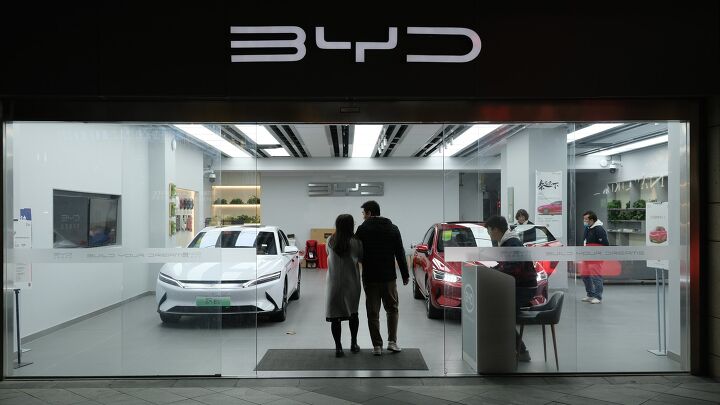
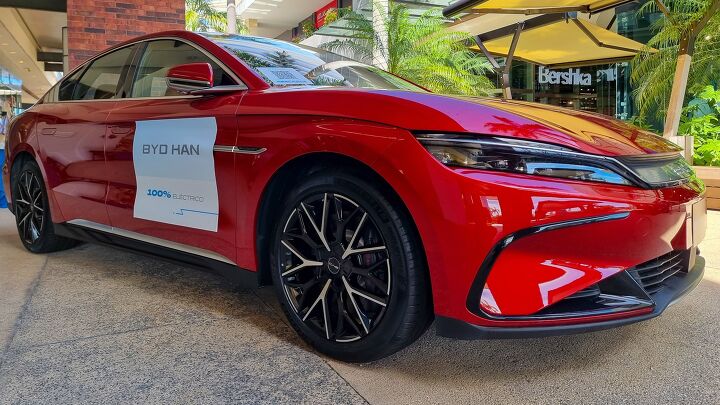
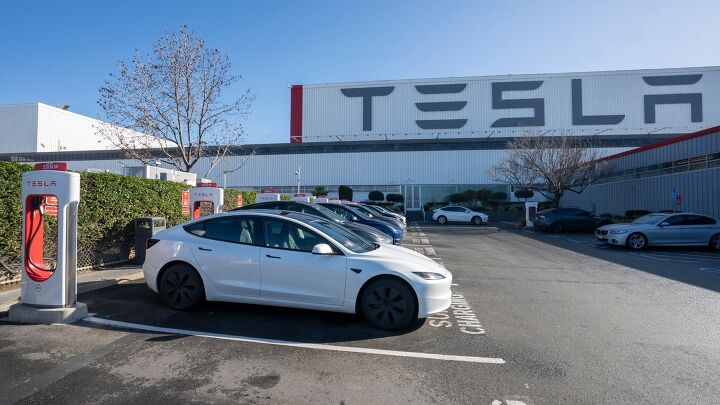
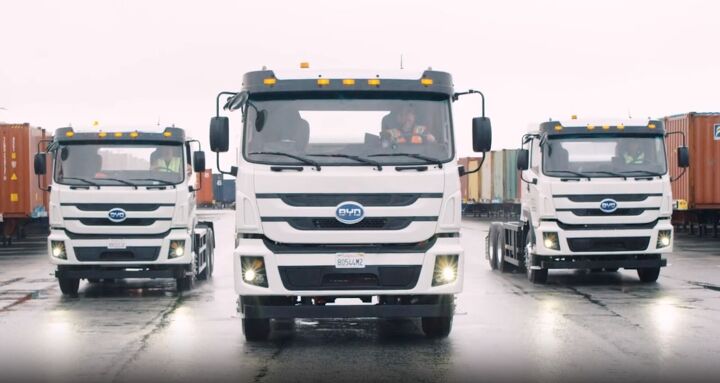
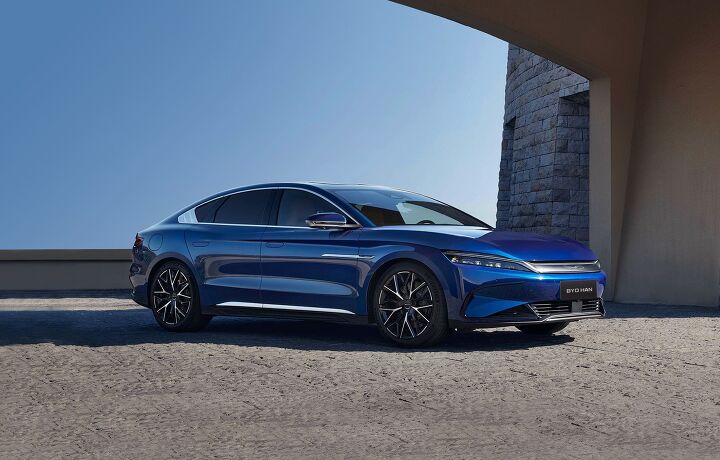
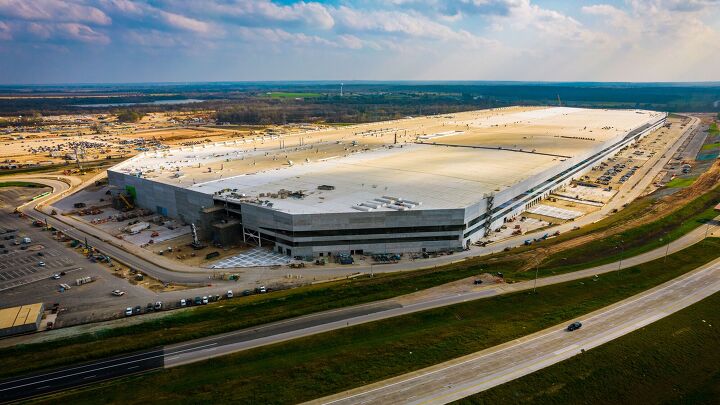
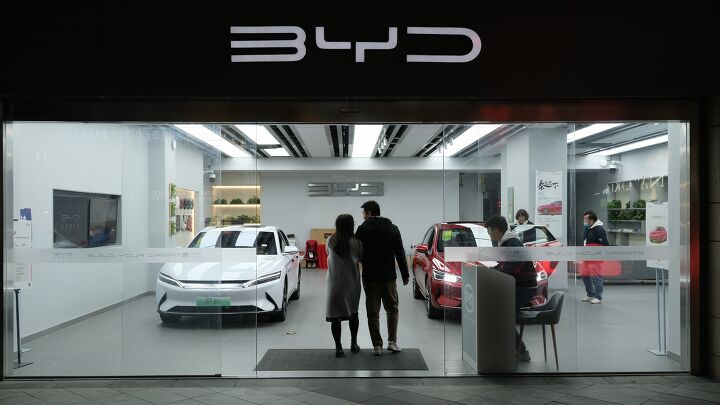
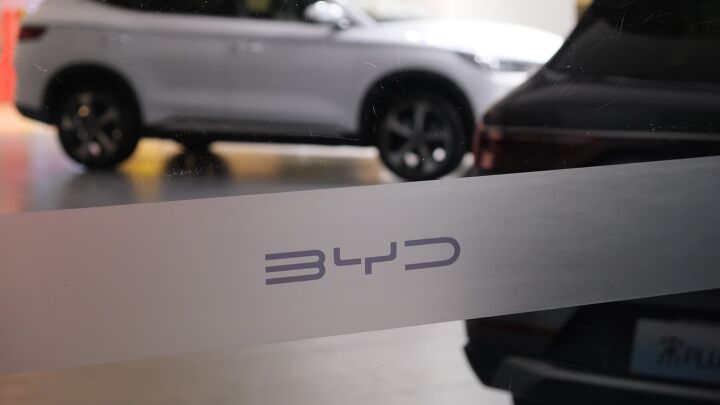
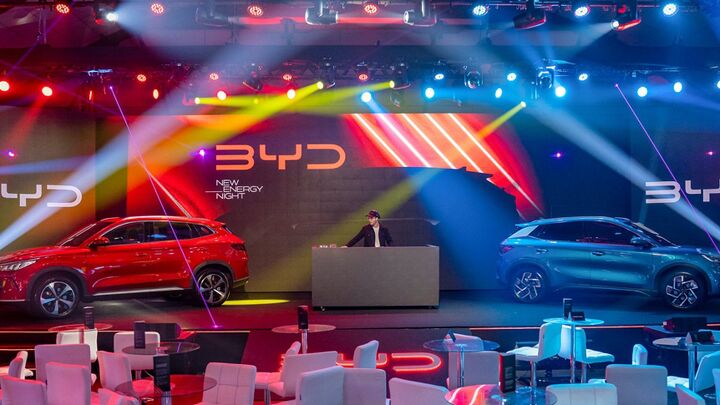

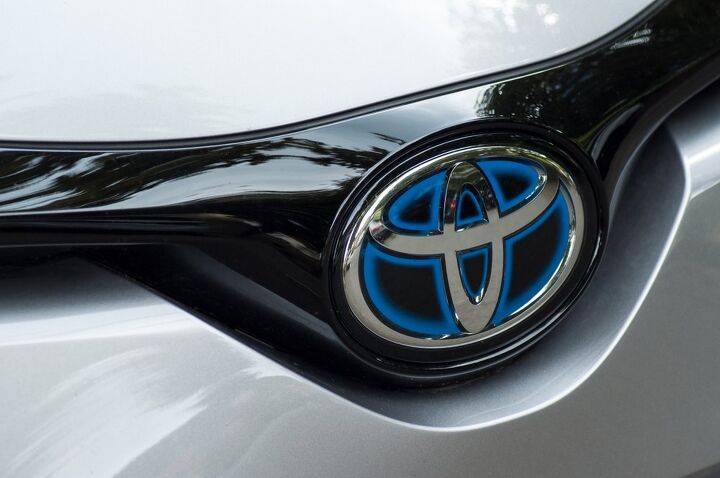


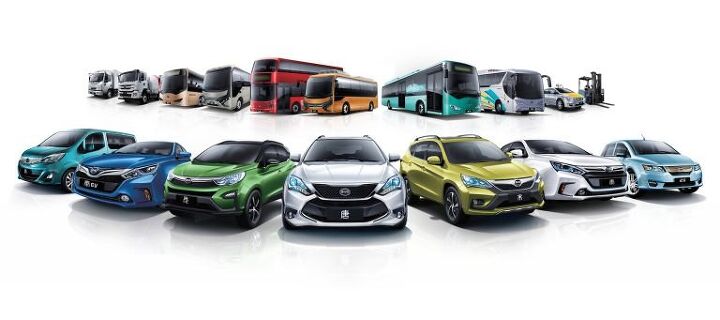













Recent Comments